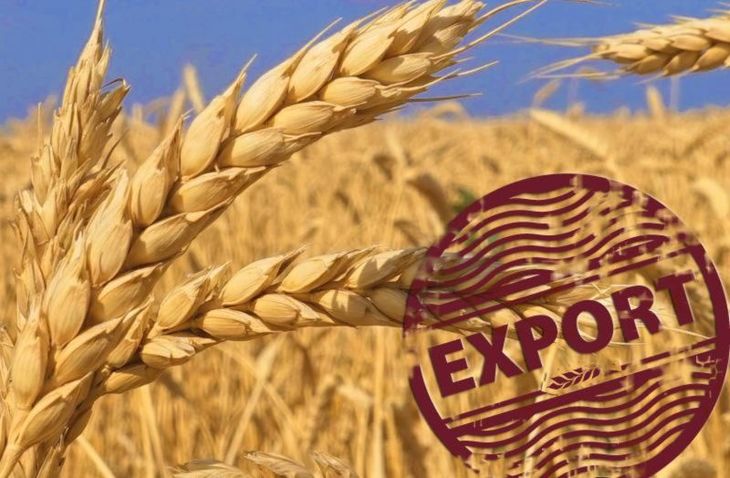India greenlights wheat exports to Bangladesh on G2G basis

In a letter to Bangladesh Food Minister Sadhan Chandra Majumder on 20 March, the National Federation of Farmers’ Procurement, Processing and Retailing Cooperatives of India Limited (NCOF) said its members would officially export wheat to Bangladesh on a G2G basis as they have received the green signal from the Indian government.
The Ministry of Food has started working on the offer and has sent a letter to Bangladesh High Commissioner in New Delhi Muhammad Imran, who was appointed on 22 May, to arrange for the import of wheat from India.
The Bangladesh side, in its letter, a copy of which The Business Standard has obtained, asked for 5-6 lakh tonnes.
In an interview with the BSS on Tuesday, the food minister said they were looking to import as much as 10 lakh tonnes from India.
He said they got the letter from the Indian national companies, adding, “We are trying to make correspondence with seven to eight Indian wheat export companies and seek clearance from the Indian government.”
In the NCOF letter, the organisation said, “At present, our government has put a temporary restriction on the export of Indian Milling wheat. However, we have discussed the issue with the authority concerned and have gotten the ‘go ahead’ signal to proceed for the negotiation on a government to government (G2G) basis.”
The shipment would be released immediately upon the receipt of the letter of credit (LC), it added.
The price for the wheat would be determined through negotiations. Of the 3 lakh tonnes, 2 lakh would be supplied through the Chattogram port. The remaining 1 lakh tonnes will be supplied half through either the Mongla or Khulna ports, and the other half by railway.
The NCOF has also promised to complete the full supply within 120 days of opening the LC.
Meanwhile, the commerce ministry has also sent a letter to India’s External Affairs Ministry requesting New Delhi to allow private importers to import wheat from India in addition to the G2G system.
In a letter to the foreign secretary on 18 May, the ministry stressed the close relations between the two countries, highlighting Bangladesh’s position as India’s fourth largest trading partner, and asked that private importers, too, be allowed to import wheat from India.
The food ministry imports 5-6 lakh tonnes of wheat a year through international tenders. In addition, the imports are also made on a G2G basis at various times to ensure urgent food security.
According to the Ministry of Food, Bangladesh imported about 53 lakh tonnes of wheat in the last financial year, both through public and private organisations. While most of it came from Ukraine and Russia, 4.9 lakh tonnes came from India.
Bangladesh had taken the initiative to increase wheat imports from India following disruptions in the staple’s supply from Ukraine and Russia after the two countries went to war last February.
The supply was dealt a double blow when India – the second largest wheat exporter in the world – banned wheat exports on 13 May.
Between the war and India’s ban, wheat prices in Bangladesh soared from Tk900 to Tk1,000.
Consumers also found shrinking sizes of different products, including daily consumables such as bread and biscuits which use wheat as a key ingredient. The price of the products also increased.
Read also
Wheat in Southern Brazil Impacted by Dry Weather and Frosts
Oilseed Industry. Leaders and Strategies in the Times of a Great Change
Black Sea & Danube Region: Oilseed and Vegoil Markets Within Ongoing Transfor...
Serbia. The drought will cause extremely high losses for farmers this year
2023/24 Safrinha Corn in Brazil 91% Harvested
Write to us
Our manager will contact you soon



